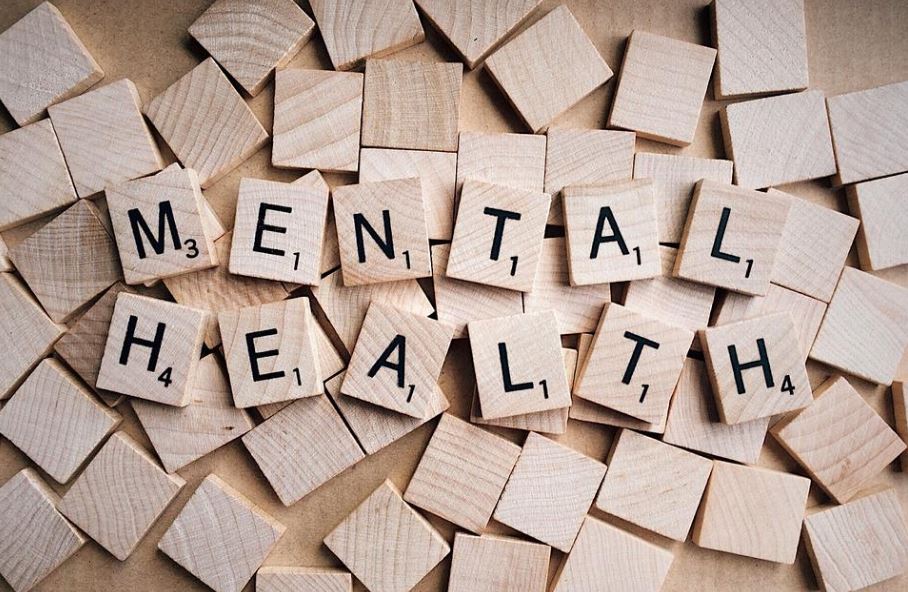There are real dangers associated with neglecting mental health care. Luckily it has become so easy to do that you could easily do it from your mobile phone via an app. These apps are tailored for different mental health challenges, and so you must be aware of both the advantages and disadvantages of each one before downloading.
The Pros of Mental Health Care Apps
Properly caring for your mental health could have very advantageous consequences. The National Institute of Mental Health has released a few of those advantages. They include:
- Anonymity: Clients can uphold the most outstanding form of discretion when dealing with mental health treatment as they don’t deal with other people directly.
- Convenience: Treatment can be done easily, and anywhere.
- An introduction to care: For those who may avoid treatment for any mental health illness, apps are a great first step.
- Lower cost: Most of these apps do not require payment of any kind.
- Service to more people: More people can be treated over a shorter period of time
- Support: These apps can complement physical treatments.
- Consistency: Apps offer the same treatment and healthcare to everyone.
- Objective data collection: Through these apps, information can be gathered.
Some additionally benefits include:
- High rates of engagement;
- Self monitoring features.
The Cons of Mental Health Apps
- Effectiveness: It is not possible to collect data to prove that they work just as well as physical treatment.
- For whom and what?: Another concern is if these apps are reserved for a particular demographic.
- Privacy: App makers require privacy assurances in order to protect.
-
- Guidance: There’s absolutely no method of determining the effectiveness of the mobile app.
- Regulation: Serious looming concerns about who to regulate the data from these apps.
- Overselling: This is an age long concern of the ability of apps to deliver after being so highly oversold and its uses exaggerated.
Mosaik is a mental health app, designed for a French-speaking audience, where all the users are trained by a psychologist that helps them to express themselves.
Conclusion
With different people having different reasons for not being able to treat their mental health illness, these apps offer a reasonable solution.
For people who complain of lack of time to work with a mental health professional as a result of unavailable resources, or even accessibility, mental health apps have the edge over other traditional means of mental health treatment. At the very least, these apps could serve in their support or guidance roles in which they complement other traditional forms of treatment. Even more promising and exciting, these apps can eliminate the stigmas and barriers that people face surrounding mental health.
Finally, these modern alternatives should not be completely relied on as a direct and permanent replacement for traditional therapy and treatment. Right now, therapy that does not involve “face to face” meetings may suffer in effectiveness when compared to traditional therapy methods. And also, there are a few ethical and legal concerns that must be immediately addressed and solutions thought out. If anything, these mental health treatment apps should not be relied on completely and solely. Instead, they should be viewed as a supplement for more traditional means of therapy.

